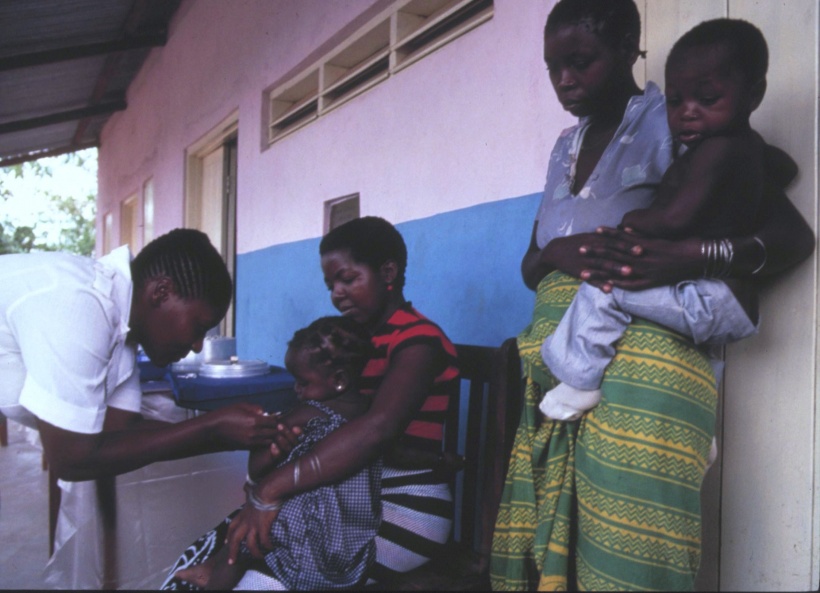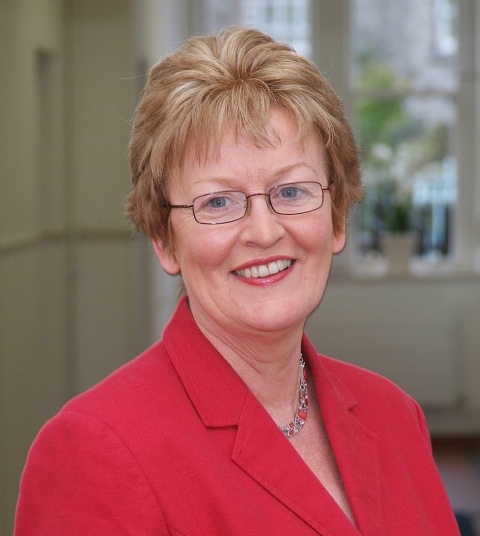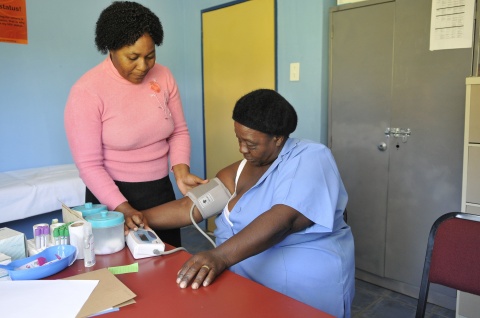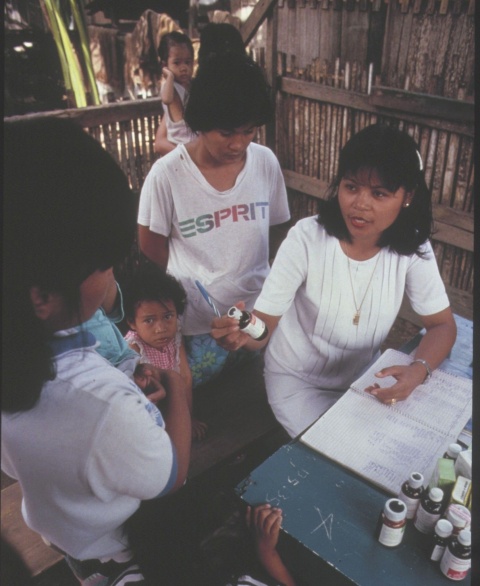
Article • Antimicrobial resistance
Facing the front line in the AMR battle
Nurses have a distinctive and crucial role in the development and implementation of sound health policy,’ according to Annette Kennedy, President of the International Council of Nurses, which represents 135 National Nurses Associations and around 17 million nurses worldwide.
‘The reason,’ she adds, ‘is the unique role and relationship nurses play in healthcare provision to patients, carers, families and the community.’ Here the nurse/midwife outlines their value in combating antimicrobial resistance (AMR).
One key policy area for the International Council of Nurses (ICN) is antimicrobial resistance (AMR). AMR threatens the effective prevention and treatment of an ever-increasing range of infections caused by bacteria, parasites, viruses and fungi. It is an increasingly serious threat to global public health that requires action across all government sectors and society. (Ref: World Economic Forum. 2013).
Its impact is at multiple levels - individual, systems, economies and trade.

Patients with infections caused by drug-resistant bacteria are generally at increased risk of worse clinical outcomes and death, and consume more healthcare resources than patients infected with the same bacteria that are not resistant.
Today, new resistance mechanisms emerge and spread globally. According to The World Health Organization (WHO), AMR is responsible for 25,000 deaths in Europe annually; 38,000 thousand per year in Thailand; and over 23,000 in the USA. In 2013, over 480,000 tubercular (TB) cases were resistant to all forms of antibiotic treatment.
AMR financial and physical costs
It is estimated that the direct costs of AMR in the USA are up to US$20 billion per year and up to US$35 billion per year for indirect cost. A February 2015 AMR review projected that, by 2050, it would cause over 10 million deaths globally per year and result in a cumulative cost of US$100 trillion, roughly the same as removing the UK economy from global output each year.
Take educational action

As the primary contact with patients, families and communities, nurses can have the greatest effect on public and patient education to improve health literacy. A WHO multi-country survey showed that 64% of those surveyed believed that antibiotics are good for illnesses such as cold and flu; and about one third believed they should stop taking antibiotics when they feel better. As patient advocates, nurses can help patients to understand their diagnosis and make the best decisions about their health.
Their role is also crucial in supporting and strengthening infection prevention and control (IPC) policies and practices; supporting patients’ adherence to antimicrobial treatment and correct use of antibiotics; and promoting vaccination. Both health professionals and patients need more education, and better understanding that infections take time to heal, and build up natural resistance.
With other health professionals, nurses’ local knowledge can inform decisions regarding antimicrobial therapy, and enhance the multidisciplinary approach to antimicrobial management.
Prevention and control
Nurses also have a role in infection prevention and control, ensuring responsible use of treatments, monitoring and evaluating them, and reporting AMR events.
Our continuing education on this topic is critical. We are key to surveillance and monitoring of patients’ health as consistent patient carers.
At the 68th World Health Assembly in May 2015, the World Health Assembly endorsed a global action plan to tackle antimicrobial resistance – including antibiotic resistance – the most urgent drug resistance trend. This identified five main objectives:
1. Improve awareness and understanding of AMR
2. Strengthen knowledge through surveillance and research
3. Reduce incidence of infection through sanitation, hygiene and infection prevention
4. Optimise use of antimicrobial agents
5. Develop the economic case for sustainable investment that consider the needs of all countries, and increase investment in new medicines, diagnostic tools, vaccines and other interventions.
Increase health literacy

As nurses have a clear role in meeting these objectives, we must continually advocate for greater health literacy and increased immunisation.
We must keep abreast of AMR trends and also act as role models in our healthcare settings and teams. We need to ensure we ourselves fight the myths on immunisation and are discerning with our colleagues on medication advice, we speak out when infection control practices are not adhered to and we advocate for our patients on issues of medication side effects. Armed with education and information on antibiotic use and AMR, we will be better able to fight its growth.
Profile:
Nurse/midwife Annette Kennedy MA BNS gained her bachelor’s degree in Nursing at University College Dublin and received diplomas in Management and HR, and a Master’s in Public Sector Analysis from Trinity College Dublin, Ireland. From 1999-2004 she was an Executive Board Member for the European Federation of Nurses (EFN) and became its President in 2005 until 2007. From 2013-2017 Kennedy was Vice President of the ICN before becoming the present ICN’s President this May. Currently, Kennedy is also Chairperson of the Bray Homeless Forum. She is also a Director on the Citizens Information Service Board. The Education, Research and Resource Centre for the Irish Nurses and Midwives Organisation (INMO) was established by Kennedy, aiming to shift nursing and midwifery into mainstream university life. Last year, the Royal College of Surgeons Ireland awarded her an honorary fellowship in nursing.
08.02.2018





